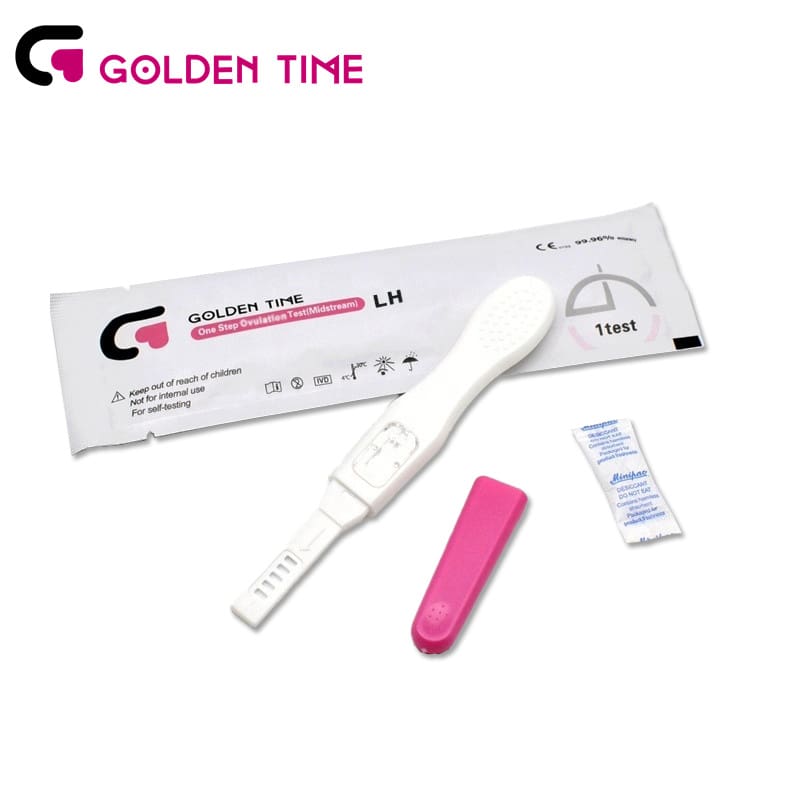
Sep . 10, 2024 04:37 Back to list
hiv test price factory
When considering the costs associated with health tests, particularly for HIV, it’s crucial to understand not only the price of the test itself but also the broader implications of access to such services. The HIV test is a vital tool in the fight against the virus, serving both preventive and diagnostic purposes. While many factors influence the price of HIV testing, the overarching goal should always be to ensure accessibility and affordability for individuals.
.
The cost of an HIV test can vary significantly based on geographical location, the type of test being conducted, and even the facility providing it. For instance, rapid tests, which provide results in as little as 30 minutes, are often priced differently than laboratory-based tests that may require several days for results. Additionally, public health initiatives, non-governmental organizations (NGOs), and community health clinics often provide HIV testing at little or no cost, further enhancing access for underserved populations.
hiv test price factory

Increasing awareness about HIV and the importance of regular testing has led to more widespread availability of testing services. Campaigns aimed at destigmatizing HIV testing encourage individuals to seek out these crucial health services. As a result, many people are taking proactive steps to understand their status, which in turn supports broader public health goals.
For those concerned about the cost of an HIV test, many insurance plans cover testing, and there are numerous resources available for those who may not have insurance. State and local health departments often provide information on free or low-cost testing options, emphasizing the importance of regular screening in managing and preventing the spread of HIV.
In conclusion, while the price of HIV testing is an essential factor to consider, the focus should also be on the importance of facilitating access to these tests for everyone. By reducing barriers to affordable testing, we can promote health equity and ensure that everyone has the opportunity to know their HIV status. As advancements continue in testing technology and healthcare reform progresses, the hope is that HIV tests become even more affordable and accessible, contributing to the global fight against HIV/AIDS.
-
Dengue NS1 Rapid Diagnostic Test Kit
NewsMar.07,2025
-
Dengue NS1 Rapid Diagnostic Test Kit
NewsMar.07,2025
-
Dengue NS1 Rapid Diagnostic Test Kit
NewsMar.07,2025
-
Transferrin Rapid Test Cassette Tumor Marker TF Card
NewsMar.07,2025
-
Malaria Pf Pan Rapid Diagnostic Test Kit
NewsMar.07,2025
-
malaria pf / pan ag rapid test
NewsMar.07,2025
